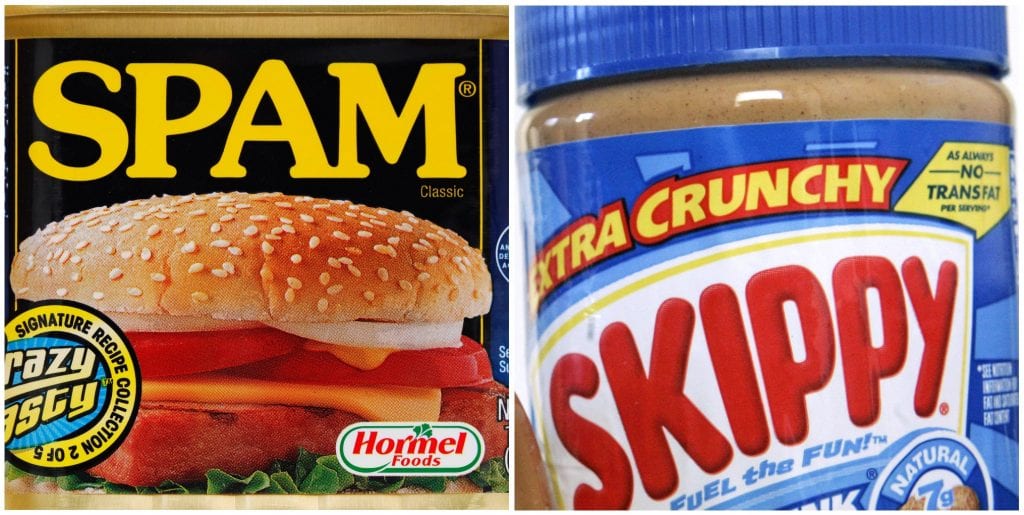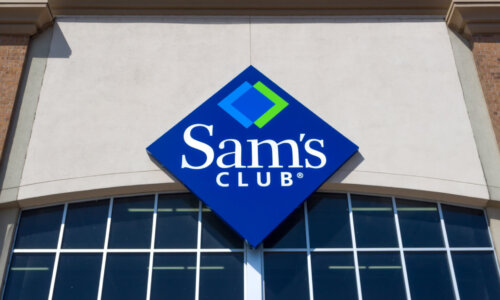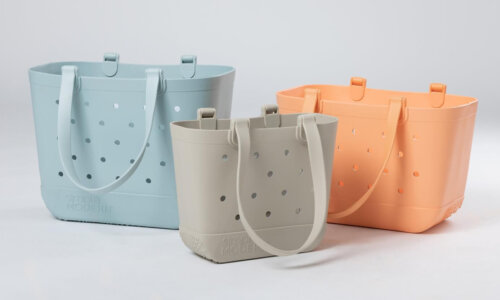Have you noticed your budget isn’t stretching as far lately? You’re not alone, and you’re not imagining those higher expenses coming out of your pocket. Over the past few months, companies have pushed prices higher across the board on everything from groceries to toilet paper, and some companies have announced they’ll be increasing prices later this year.
What is driving these price hikes? It’s a combination of several financial factors, according to experts.
First, the COVID-19 pandemic caused many shortages in supplies due to manufacturing shutdowns and transportation delays. When the supply chain is affected, demand often goes up, which then leads to higher prices for customers.
Even as the kinks in the supply chain are easing up, demand continues to rise as people spend more now that pandemic restrictions are starting to disappear. According to Bloomberg, consumer confidence increased sharply in April to levels not seen since before the COVID-19 pandemic.
Another factor playing into climbing prices is employment demand. Many companies, including fast-food chains such as Chipotle, have raised their wages to attract more workers as more people go out to eat.
All of these factors come together to create what some experts are saying is a perfect situation for inflation.
“Before we might have seen price increases because of a certain raw material, or feed for animals, but we’ve never seen this perfect storm hit packaging, transportation, cost of goods, all of the above, while at the same time we have certain overarching issues that the industry is coping with like sustainability,” Phil Lempert, a food industry analyst and editor at SupermarketGuru, told Food Dive. “It’s a mess. It really is, and as a result, the money has to come from somewhere.”
Numerous companies are being pushed to increase prices to adapt to the quickly changing market. Here’s a breakdown of some of the companies whose price increases could affect you.
Food Prices Are Going Up
Some of the top companies in food production have hiked their prices to ease the strain on their resources.
General Mills, which manufactures a range of popular products, from breakfast cereals to pet food, is one of the companies struggling to keep up with increased prices and is passing on the cost to the customer.
“We are seeing great growth across our North American business, in particular our pet business, and are seeing rising cost pressures and increased costs to serve,” General Mills CEO Jeff Harmening told Yahoo Finance Live. “The inflation is broad-based — we see it in grains and logistics not only here in the U.S. but also globally.”
Hormel Foods is also hiking up prices on many of its food products, including Skippy peanut butter, Spam, Jennie-O turkey and other items.
Prices Increasing For Home, Health And Beauty Goods
Consumer giant Procter & Gamble announced a price increase on items such as baby products, dish detergent and feminine-care items coming in September. Company leaders said the cost of materials and high demand are pushing prices higher.
“This is one of the bigger increases in commodity costs that we’ve seen over the period of time that I’ve been involved with this, which is a fairly long period of time,” P&G Operating Chief Jon Moeller told the Wall Street Journal.
Kimberly-Clark, P&G’s main competitor, announced “mid-to-high single-digit” price increases on the majority of its North American consumer products on March 31. These price changes go into effect starting in June, and the products included range from Huggies, Kleenex and Scott towels to Cottonelle toilet paper.
Reynolds Consumer Products announced earlier this month that a three-step price increase is underway on some of its most popular products, including Hefty trash bags and Reynold’s Wrap.
“Our first round of price increases went into effect as planned, and a second round is underway with plans for a third round in the third quarter,” Michael Graham, Reynolds chief financial officer, said during company’s first-quarter report, according to Yahoo.
Graham added the changes come as the company took a $300 million hit on extra expenses for commodities and shipping.
Home Appliances Are Still In High Demand
Picking up a new appliance for your home will also take an extra bite out of your budget. The demand for new kitchen appliances has been so high, many retailers can’t keep up, and consumers are having to wait longer for delivery.
Whirlpool implemented price increases ranging from 5% to 12% during the first quarter as the real estate and home-improvement markets continue to boom.
Boston-area home-appliance shop Yale Appliances provided customers with a complete breakdown of the upcoming price changes coming to most of the major appliance brands, as well as when those increases go into effect. Some of them include:
- GE will phase in a 6% increase by July 15
- LG will raise prices 4% by June 21
- Thermador’s prices went up 2.5% to 3% as of May 1
- Samsung’s price hike of 6% will begin on July 15
Travel Will Also Cost More In 2021
You might be itching to take that long-overdue family vacation after last year’s travel season got shut down. Before you pack, though, be prepared to shell out extra cash to get to your destination.
With gas prices climbing to the highest levels since 2014, filling up a tank for a road trip will cost you more.
Those climbing gas prices also mean airlines will charge more for tickets. CNBC reported that domestic fares have gone up 9% since April 1 and international fares jumped 17% in the same time period.
As more people travel, demand for rental cars and hotels is also squeezing the market value of these services. Rental car prices climbed by 20% in the first three months of 2021. Hotels in popular cities such as Orlando, New York and Cancun are climbing steadily as more people prepare to travel this summer.
Experts say the market will likely even out over the next year or so, as life slowly gets back to normal following the COVID-19 pandemic. And while prices are on the rise, some experts say that many of us won’t see dramatic upticks in our favorite products because businesses know they have to keep costs under control to keep consumers happy.
“Businesses will tend to pass on what the consumer can stomach,” John Ruth, chief executive of Build Asset Management, told the New York Times. “You’ll notice some price increases, but your hamburger isn’t going to double in your local favorite drive-through.”












